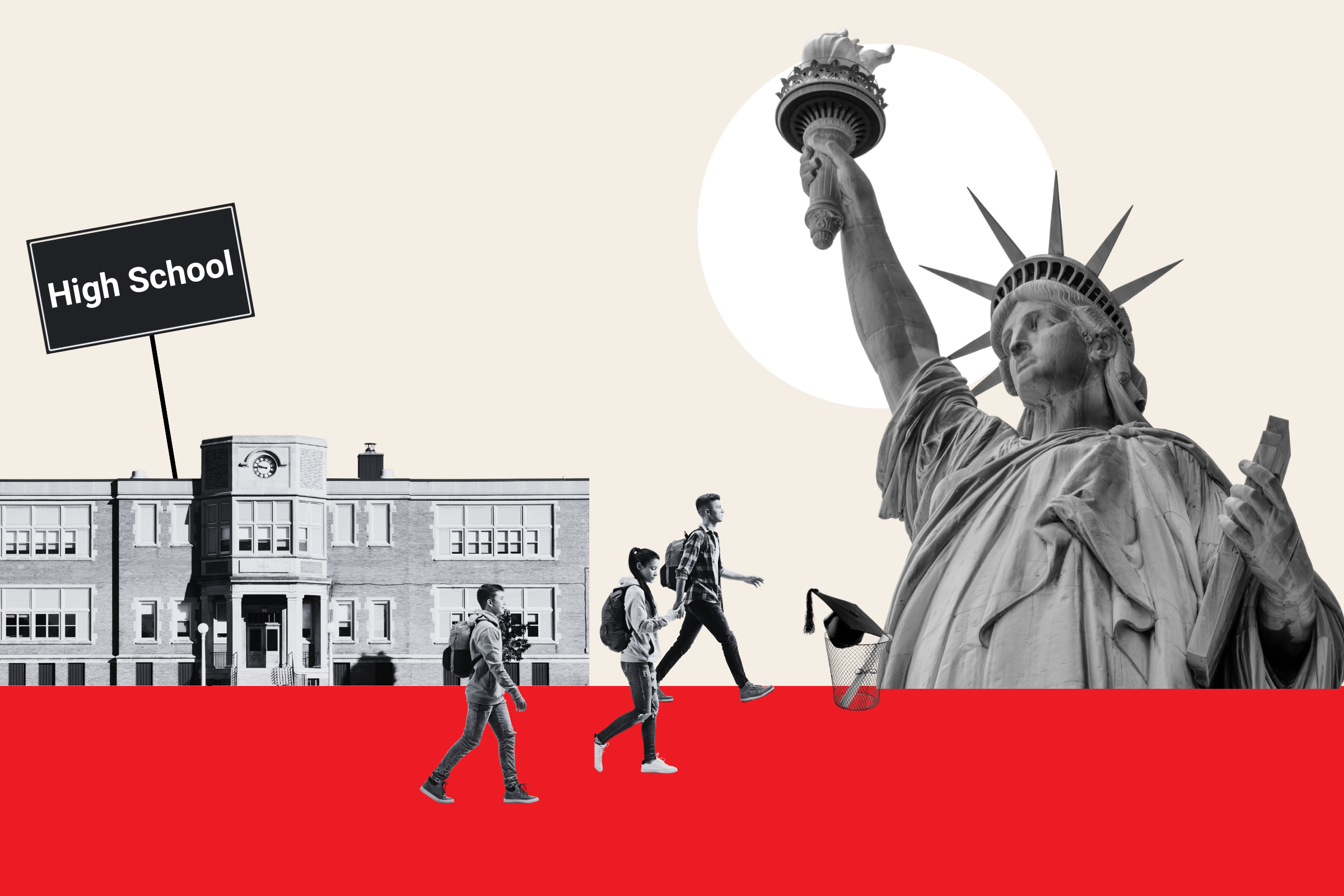The Justice Department is suing Google under the Sherman Act for anticompetitive and monopolistic practices. Given that Google has agreed to go to trial rather than settle, both sides must think they have a strong case. The Justice Department will claim that Google blocked competition by paying companies like Apple to make its search engine the default on their devices. Google in response will likely argue that it has invested huge amounts into making its service the best and that consumers prefer it.
At the core of every antitrust case are three questions: What percentage of the market does the company in question control? Has the company engaged in anticompetitive behavior? And is there harm to consumers? Each of these questions, upon inspection, has a significant amount of subjectivity in its application and reveals that this case is more hype than substance.
Regarding the first question, if you define the market narrowly enough, then every company is a monopolist. If you define it broadly enough, no company is. Expect significant debate over this question in the Google case. For instance, if you include only traditional search engines, Google controls over 90 percent of the market—a textbook monopoly. But if you include other ways to search for information online, the situation becomes more complicated.
When searching for a product, Amazon is the most common starting place for consumers, followed by Google and Walmart. TikTok is also home to a growing slice of online searches. We wouldn't call Amazon, TikTok, or Walmart search engines, but they certainly play a role in creating competition to Google's search engine. Thus, Google's competition comes not from within the strict market for search engines, but from new and nimble alternatives. AI-powered search engines, such as the formerly overlooked Bing, are also poised to change how we think about the traditional search market.

The second question—whether a company has engaged in anticompetitive behavior—is also difficult to determine. The core of the government's case against Google concerns the company's payment of device manufacturers like Apple to set Google as the default search engine. The Justice Department will use this as proof that Google has abused its market share. But much of the activity that we would expect in a normally functioning marketplace is often called anticompetitive in antitrust trials. For instance, companies lowering their prices is a classic way to compete in the market and gain a larger market share. But the government commonly cites larger companies lowering prices as proof of anticompetitive behavior.
This leads to the final question the court will examine—whether Google has harmed consumers. This depends on whether consumers prefer Google, default or not. Does it benefit consumers if a company like Google is allowed to pay third parties to be the default search engine? According to a report by the Competition and Markets Authority, a U.K. government watchdog, "Google Search has default agreements covering much more of the mobile device sector (at least 94%) than the desktop PC sector (29%). In turn, Google has a relatively higher share of supply in mobile search (97%) than it does in desktop search (84%)."
These statistics show that default status matters, but not nearly as much as consumer preference. A 65 percent difference in default agreements only translates to a 15 percent difference in consumers' final choice of search engine. Even when Google is not the default, customers will opt in more often than not. Consumer preference outweighs market power here. This is due mainly to the fact that Google spent nearly $40 billion on Research and Development last year and invests heavily into improving its search results.
Antitrust actions like these are less about taking down a behemoth and more about picking up the spoils. If the Justice Department wants to increase competition, this is the wrong method. Instead, it should be reviewing incentives that have Google spending big money on lobbyists instead of focusing its investments on R&D. In order to assess the health of the industry, be on the lookout for whether Google continues to grow its R&D budget or shifts its focus to shoring up its market share—and preventing further federal lawsuits—through legal advantages. Ironically, that shift in the long term would be what harms consumers most.
Noah C. Gould is the Alumni & Student Programs Manager at the Acton Institute for the Study of Religion and Liberty. He writes on topics of business culture, economics, and the arts. He is a Contributor for Young Voices.
The views expressed in this article are the writer's own.
Uncommon Knowledge
Newsweek is committed to challenging conventional wisdom and finding connections in the search for common ground.
Newsweek is committed to challenging conventional wisdom and finding connections in the search for common ground.
About the writer
To read how Newsweek uses AI as a newsroom tool, Click here.





